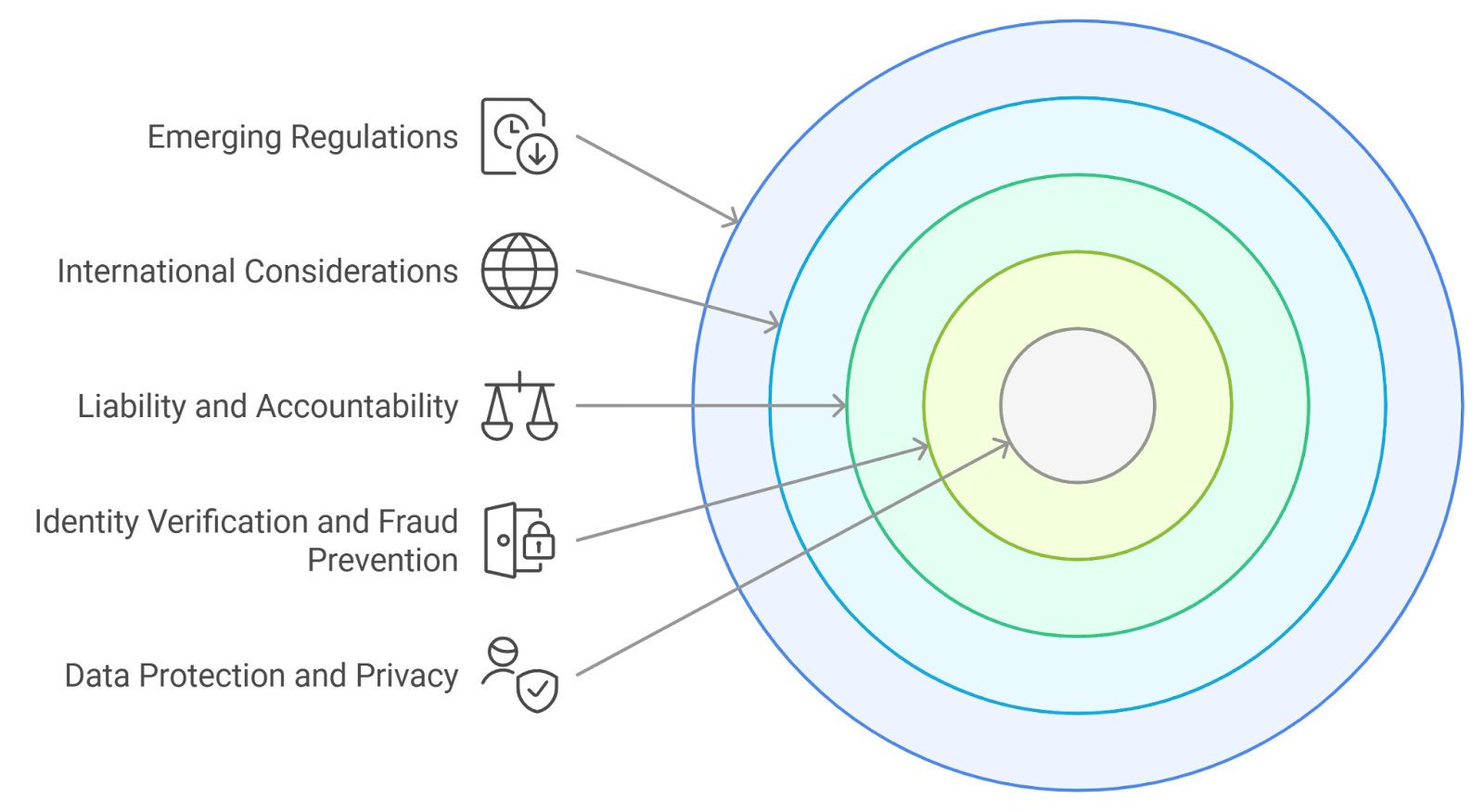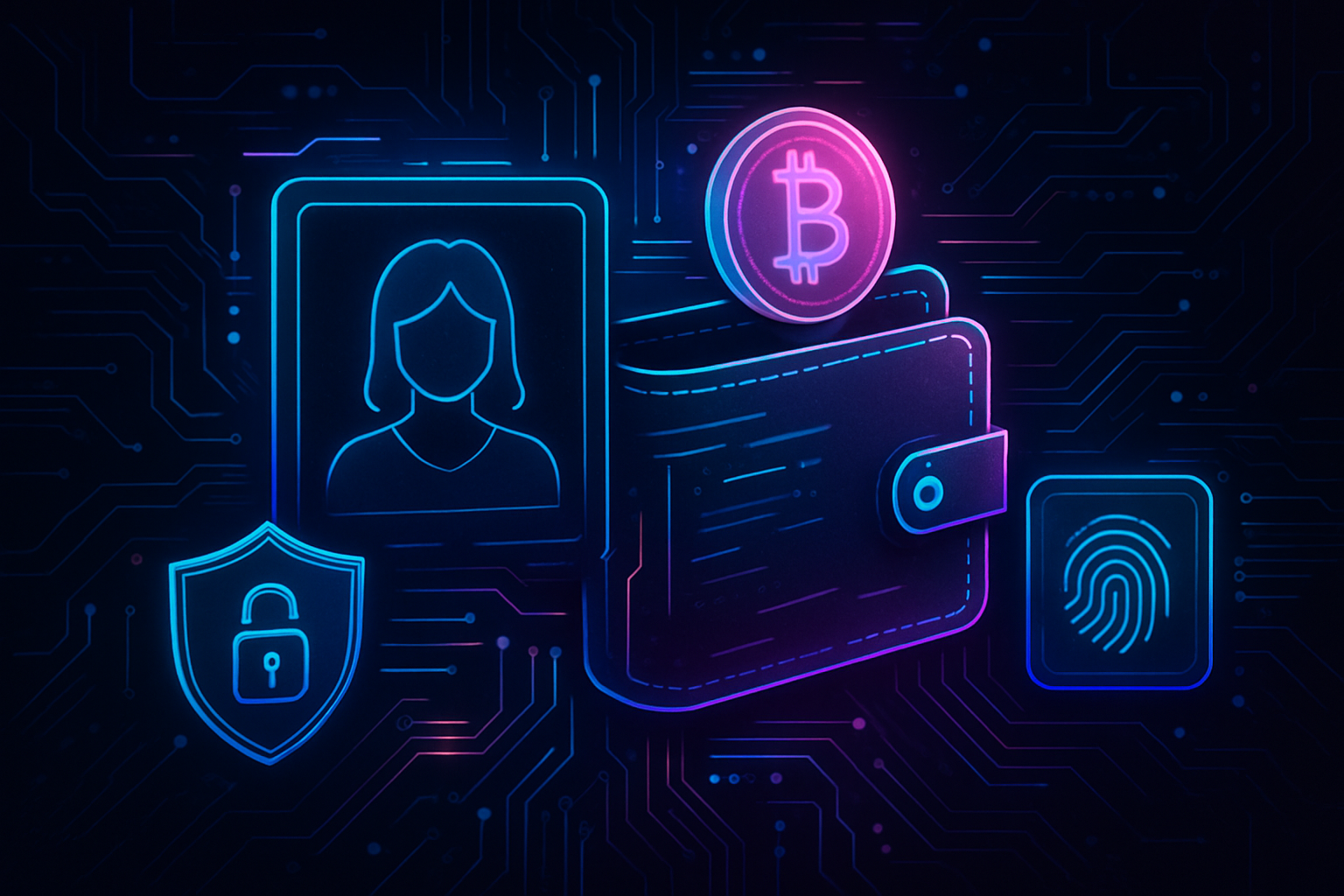
Imagine a digital world where your identity is truly yours, portable, private, and secure across any platform. This is the promise of self-sovereign identity wallets in the Web3 era. As centralized databases continue to fall short on privacy and user control, SSI wallets are rapidly emerging as the foundation for digital freedom on blockchain networks.
![]()
What Makes Self-Sovereign Identity Different?
The traditional model of online identity relies on third parties, banks, social networks, or government agencies, to vouch for who you are. These intermediaries not only control your data but also expose it to breaches and misuse. In contrast, decentralized identity in Web3 flips this paradigm: you become the sole custodian of your personal information, choosing what to share and with whom.
At the heart of this transformation are three core technologies:
- Decentralized Identifiers (DIDs): Blockchain-based IDs that replace usernames and passwords for secure, user-controlled authentication. Learn more about DIDs here.
- Verifiable Credentials (VCs): Digitally signed attestations (like age or residency) that can be selectively disclosed without revealing excessive personal data.
- Zero-Knowledge Proofs (ZKPs): Cryptographic methods that allow you to prove something is true, say, you’re over 18, without exposing the underlying details.
The Tangible Benefits: Privacy, Control, and Interoperability
The advantages of using a privacy-preserving identity wallet go beyond buzzwords:
Top 5 Benefits of SSI Wallets in Web3
-
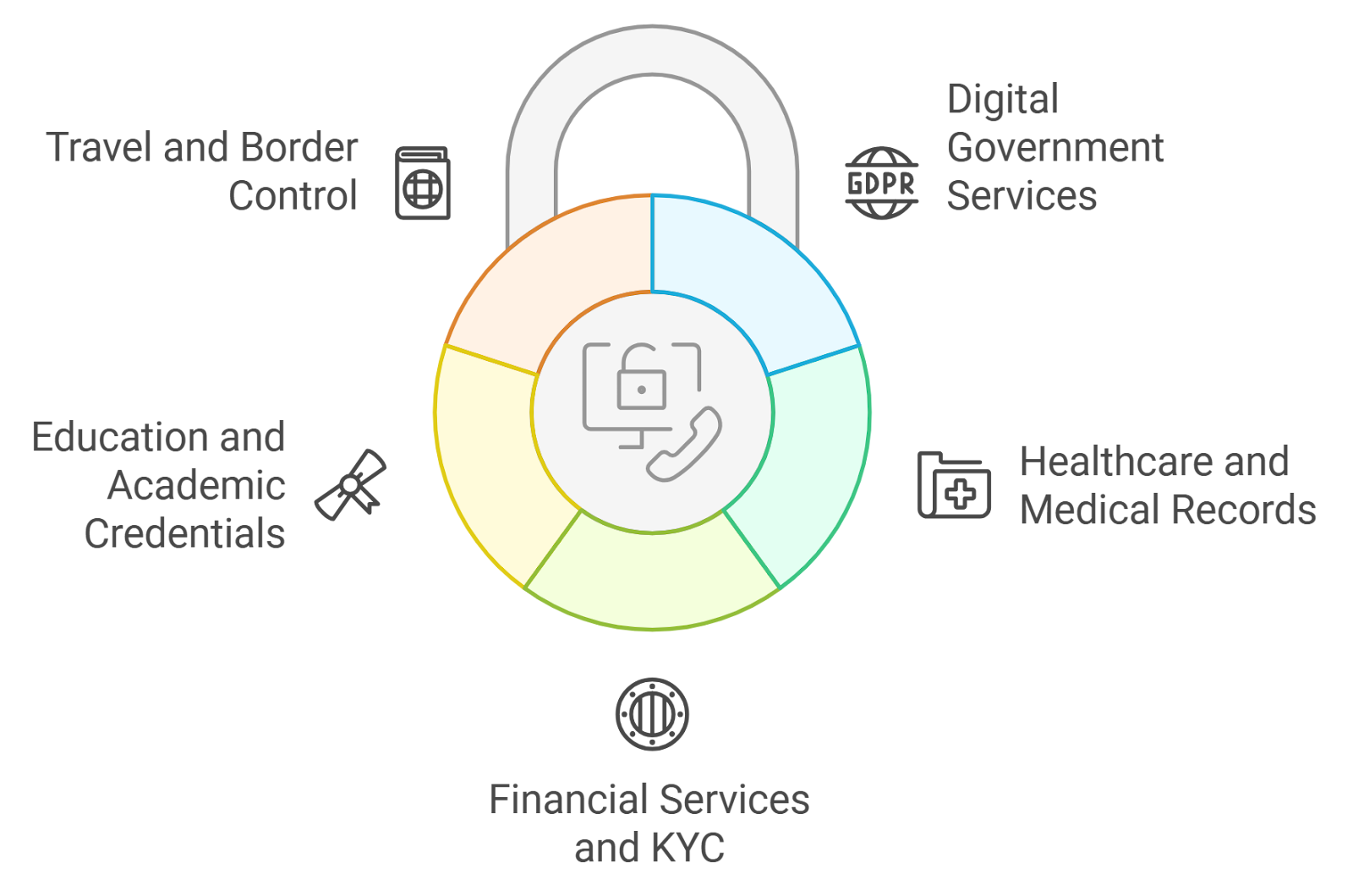
1. Full User Control Over Personal DataSelf-sovereign identity (SSI) wallets empower individuals to manage, store, and share their identity information autonomously, without relying on centralized authorities. Users decide exactly what data to share and with whom, reducing the risk of identity theft and unauthorized access.
-
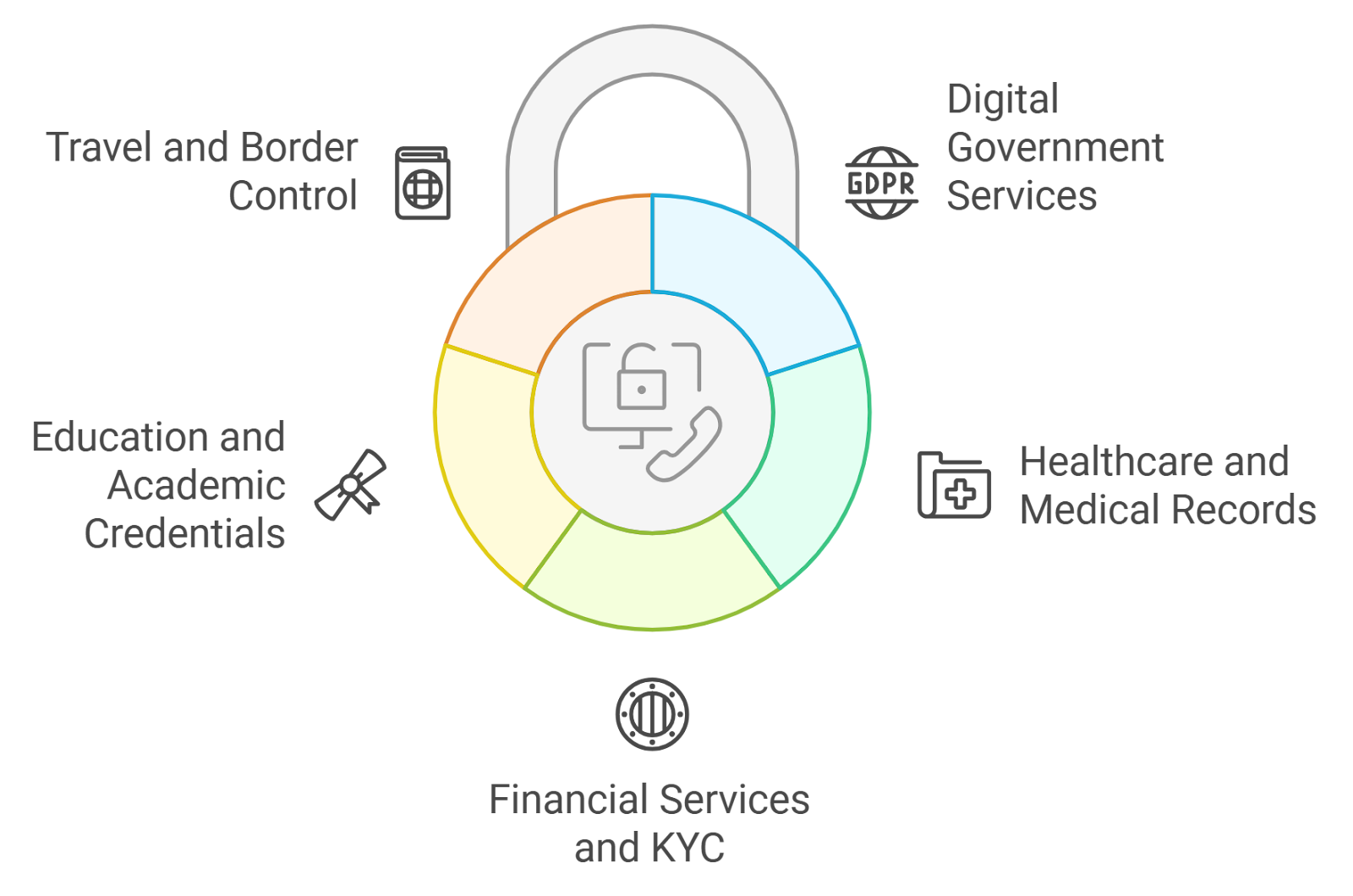
2. Enhanced Privacy With Minimal Data SharingSSI wallets leverage technologies like Decentralized Identifiers (DIDs) and Zero-Knowledge Proofs (ZKPs) to allow users to prove attributes (e.g., age, citizenship) without revealing unnecessary personal information, greatly reducing exposure to data breaches.
-
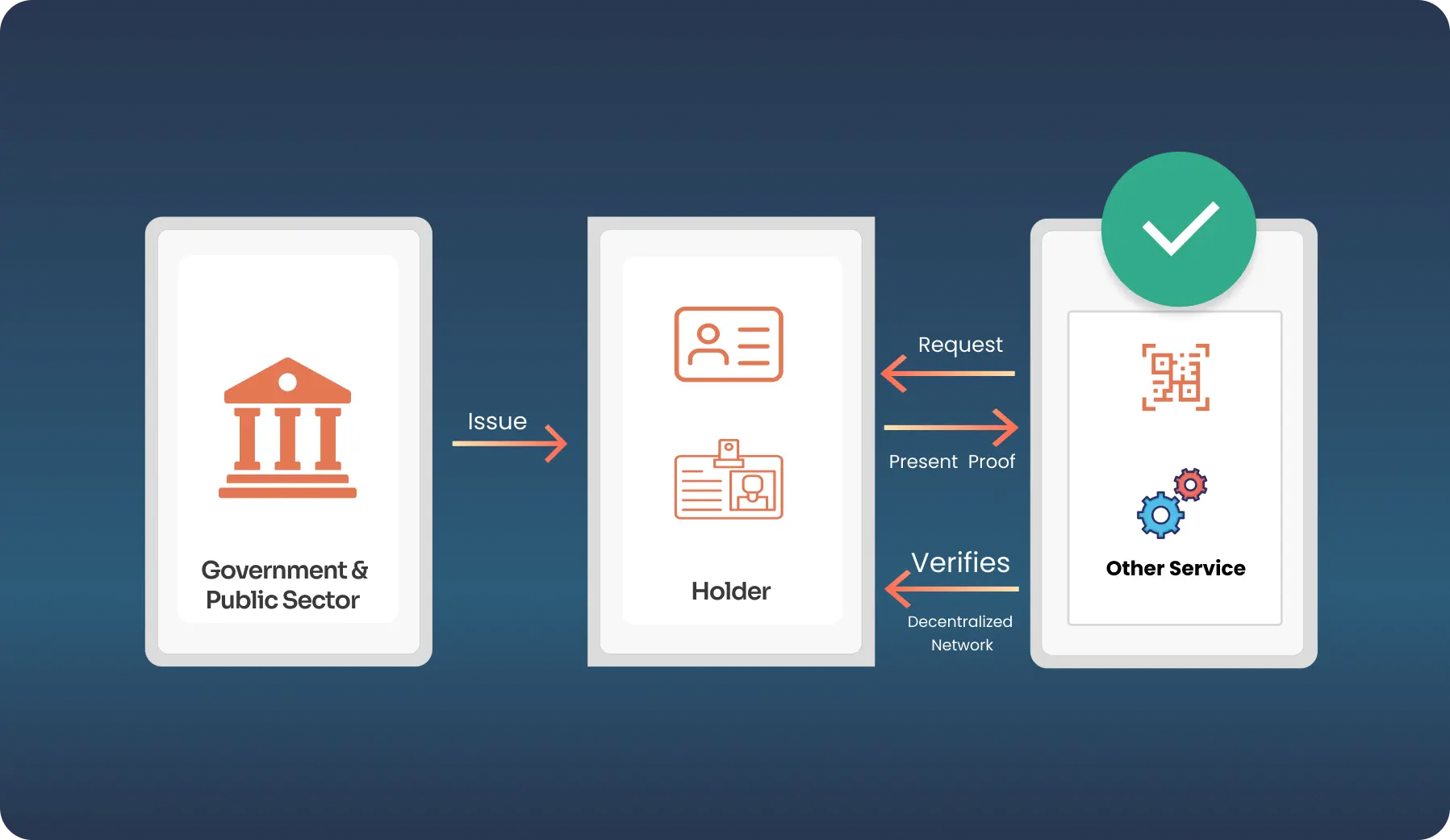
3. Seamless Interoperability Across PlatformsSSI wallets are designed to be interoperable, enabling users to manage and use their digital identities across multiple Web3 platforms, dApps, and even metaverse environments, all while maintaining privacy and control.
-
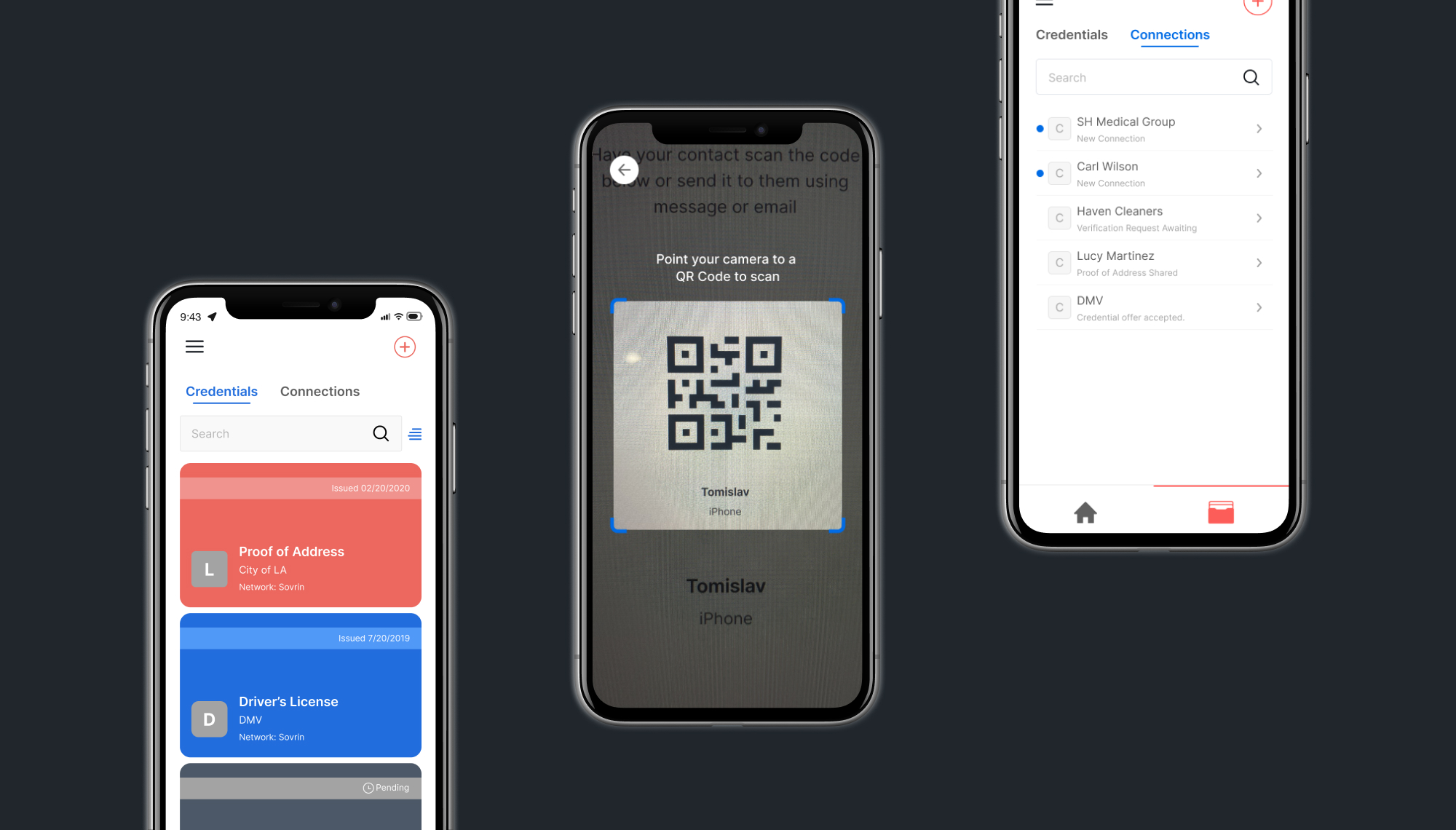
4. Streamlined and Secure AuthenticationBy replacing traditional logins with decentralized authentication methods, SSI wallets simplify access to dApps and services. Users can log in securely without passwords, reducing friction and the risk of phishing attacks.
-
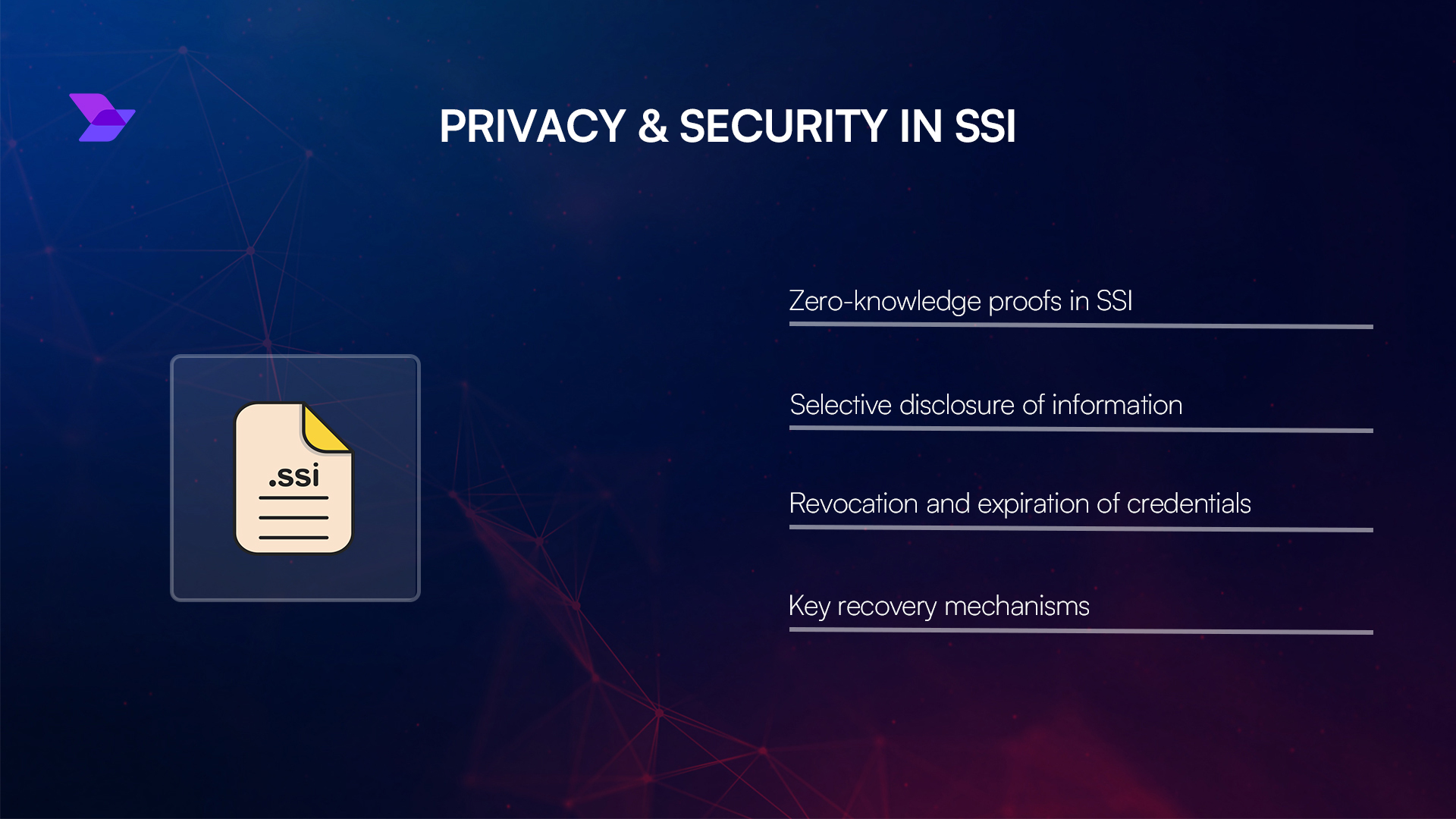
5. Fraud-Proof and Verifiable CredentialsSSI wallets support Verifiable Credentials (VCs) issued by trusted entities, enabling users to present tamper-proof digital certificates for KYC, education, or professional qualifications, enhancing trust and reducing fraud.
User ownership and control: You decide what information leaves your wallet. No more handing over sensitive documents just to access basic services. This drastically reduces risks like identity theft or unauthorized tracking. As noted by industry experts, SSI wallets let you “reuse credentials across banks, ” streamlining KYC while keeping your data safe (source).
Enhanced privacy: With zero-knowledge proofs built into leading solutions like Polygon ID Wallet, users can verify attributes without exposing their entire profile (Polygon ID Wallet details here). This is especially critical as more interactions move online, from finance to gaming to the metaverse.
Interoperability: SSI systems are designed for cross-platform use. Your digital credentials work across dApps, marketplaces, virtual worlds, even different blockchains, without sacrificing privacy or user experience (see interoperability use cases here). Imagine logging into dozens of services with one trusted ID instead of juggling endless passwords.
Pioneering Real-World Implementations
The shift from theory to practice is well underway. Let’s spotlight some real-world SSI solutions making waves in decentralized identity management:
Leading SSI Wallets Empowering Digital Freedom
-
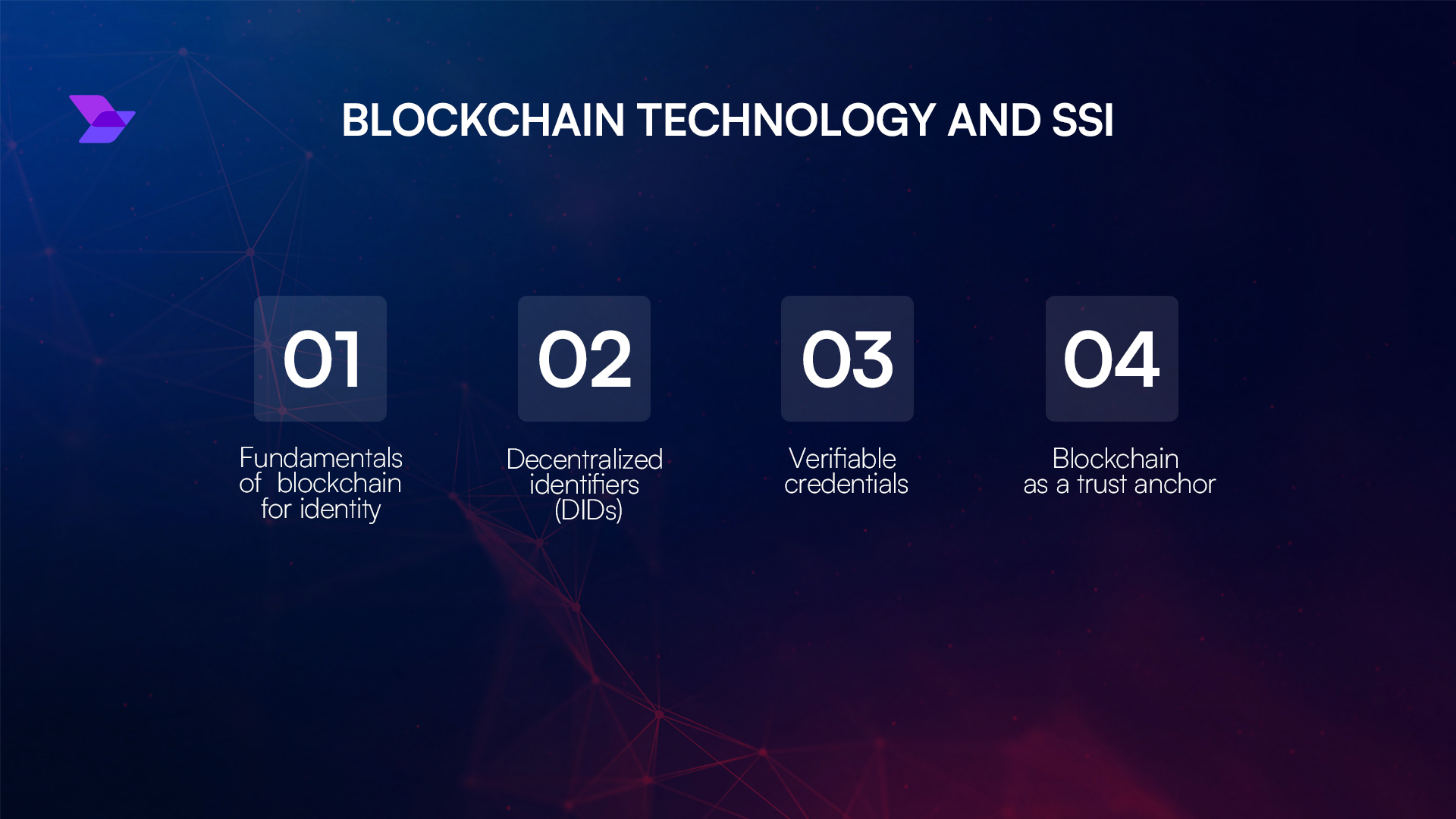
Tonomy ID offers a self-sovereign, non-custodial identity solution designed for seamless integration with decentralized applications (dApps). Users maintain full control over their digital identity, managing and sharing verifiable credentials securely and privately. Tonomy ID enhances user experience and security by eliminating reliance on centralized authorities.
-
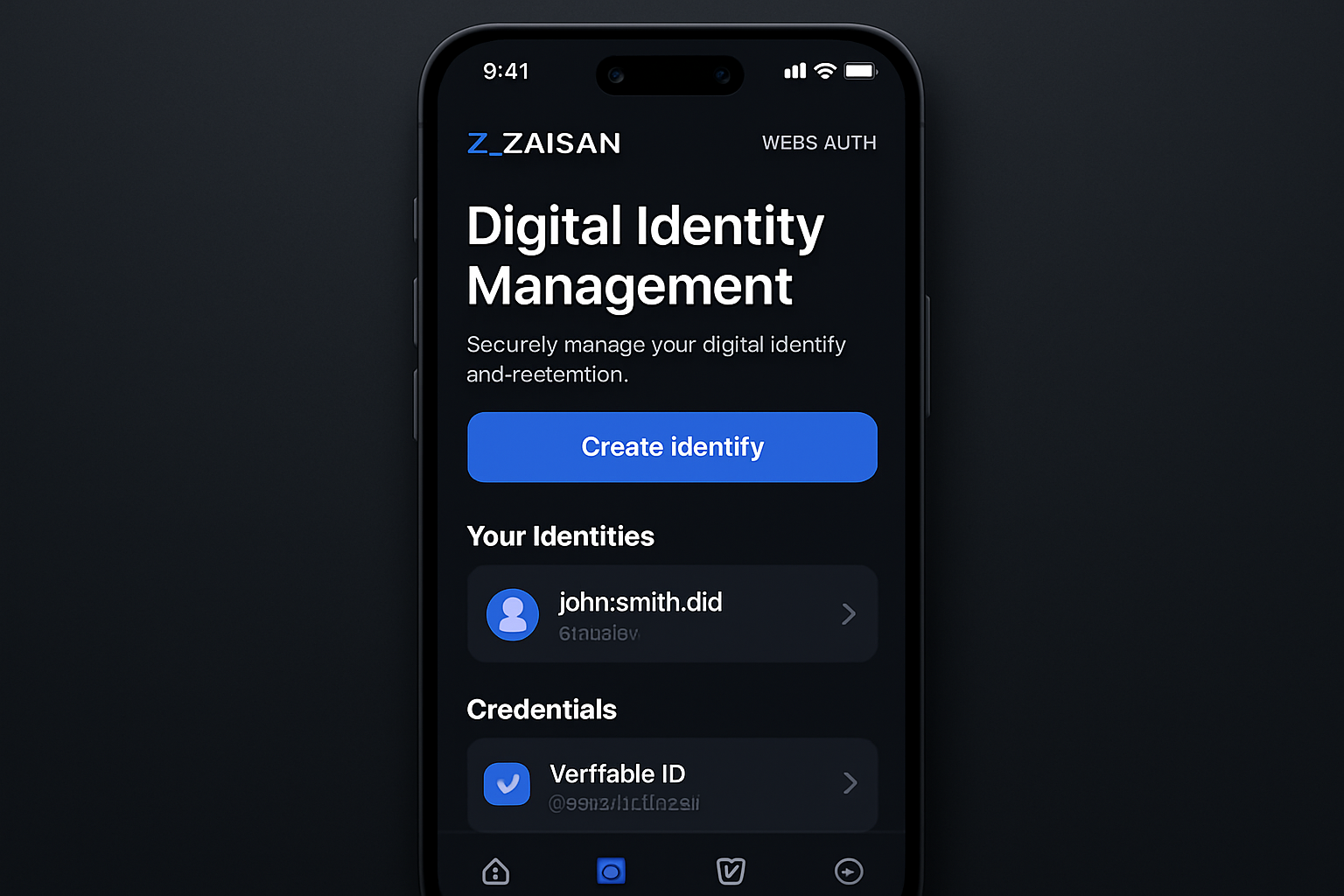
Zaisan’s Web3 Auth Mobile App serves as a decentralized digital identity management tool, acting as a secure vault for personal data and digital assets. The app enables users to authenticate into dApps, manage NFTs, and control access to their credentials, all while maintaining privacy and user autonomy.
-
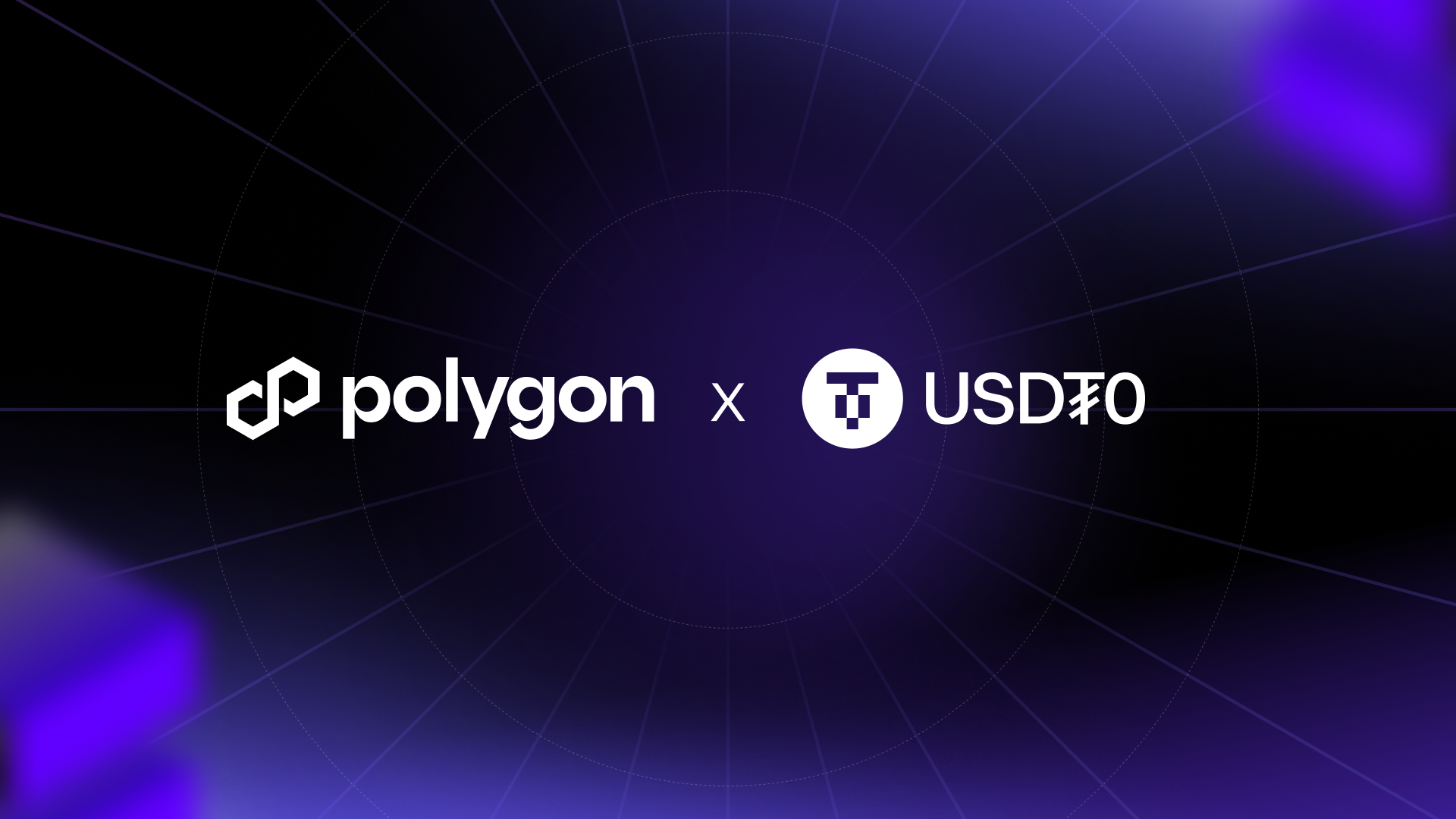
Polygon ID Wallet leverages zero-knowledge proofs to provide a robust self-sovereign identity system on the Polygon blockchain. This wallet allows users to verify credentials and access Web3 services without disclosing personal information, ensuring maximum privacy and interoperability across decentralized platforms.
Tonomy ID offers non-custodial self-sovereign identities tailored for seamless dApp integration, a game changer for user experience and security. Zaisan’s Web3 Auth Mobile App doubles as a personal asset vault and NFT manager while safeguarding your credentials. Meanwhile, Polygon ID Wallet leverages zero-knowledge proofs so users can verify eligibility without ever sharing private information.
The Road Ahead: Digital Freedom Through Decentralized Identity
The rise of self-sovereign identity wallets marks a pivotal moment in reclaiming digital autonomy. By combining DIDs, verifiable credentials, and advanced cryptography within user-friendly apps, individuals now have tools to traverse Web3 safely, and on their own terms.
As decentralized identity technology matures, its impact extends far beyond just smoother logins or password-free authentication. We’re seeing a fundamental power shift: from organizations and platforms to the individual. This is especially relevant as digital interactions become more complex, spanning DeFi, gaming, virtual worlds, and even real-world services like education and healthcare.
SSI wallets are not just about convenience, they’re about creating a resilient digital self that persists across platforms without compromising privacy. For example, you could use a single verifiable credential to prove your university degree on a job board, access an exclusive NFT drop, or complete KYC checks at multiple banks, all without ever exposing unnecessary personal data.
Emerging Use Cases: Beyond the Hype
Let’s look at how self-sovereign identity wallets are being woven into daily life and future-facing industries:
- Reusable KYC: Instead of repeating cumbersome onboarding processes at every financial institution, users can present a reusable credential that’s instantly verifiable and fraud-proof. Platforms like Cheqd are already pioneering this model.
- Metaverse Identity: Carry your trusted identity seamlessly across virtual worlds, games, and marketplaces, proving asset ownership or age eligibility without surrendering private details (source).
- NFT Provenance and Copyright: By tying NFTs to SSI-based digital identities, creators can establish tamper-proof records of ownership and authenticity.
- Streamlined Federated Logins: Use your SSI wallet to enrich user profiles and access dApps with one click, no more juggling dozens of accounts.
The promise is clear: greater efficiency for businesses (think faster onboarding and lower compliance costs) paired with true autonomy for users. This dual benefit is why both enterprises and privacy advocates are rallying behind decentralized identity Web3 solutions.
The Challenges Ahead, and Why They Matter
No revolution comes without obstacles. Mass adoption of SSI wallets faces hurdles such as user education (helping people understand new models), UX design (making wallets intuitive), interoperability standards between blockchains, and regulatory uncertainty around digital credentials.
However, momentum is building thanks to open-source communities and collaborative standards groups. As more projects like Tonomy ID and Zaisan’s Web3 Auth Mobile App demonstrate seamless integration with existing dApps, and as major blockchains like Polygon invest in privacy-preserving identity tech, the path toward mainstream use becomes clearer every day.
Key Challenges Hindering SSI Adoption in Web3
-
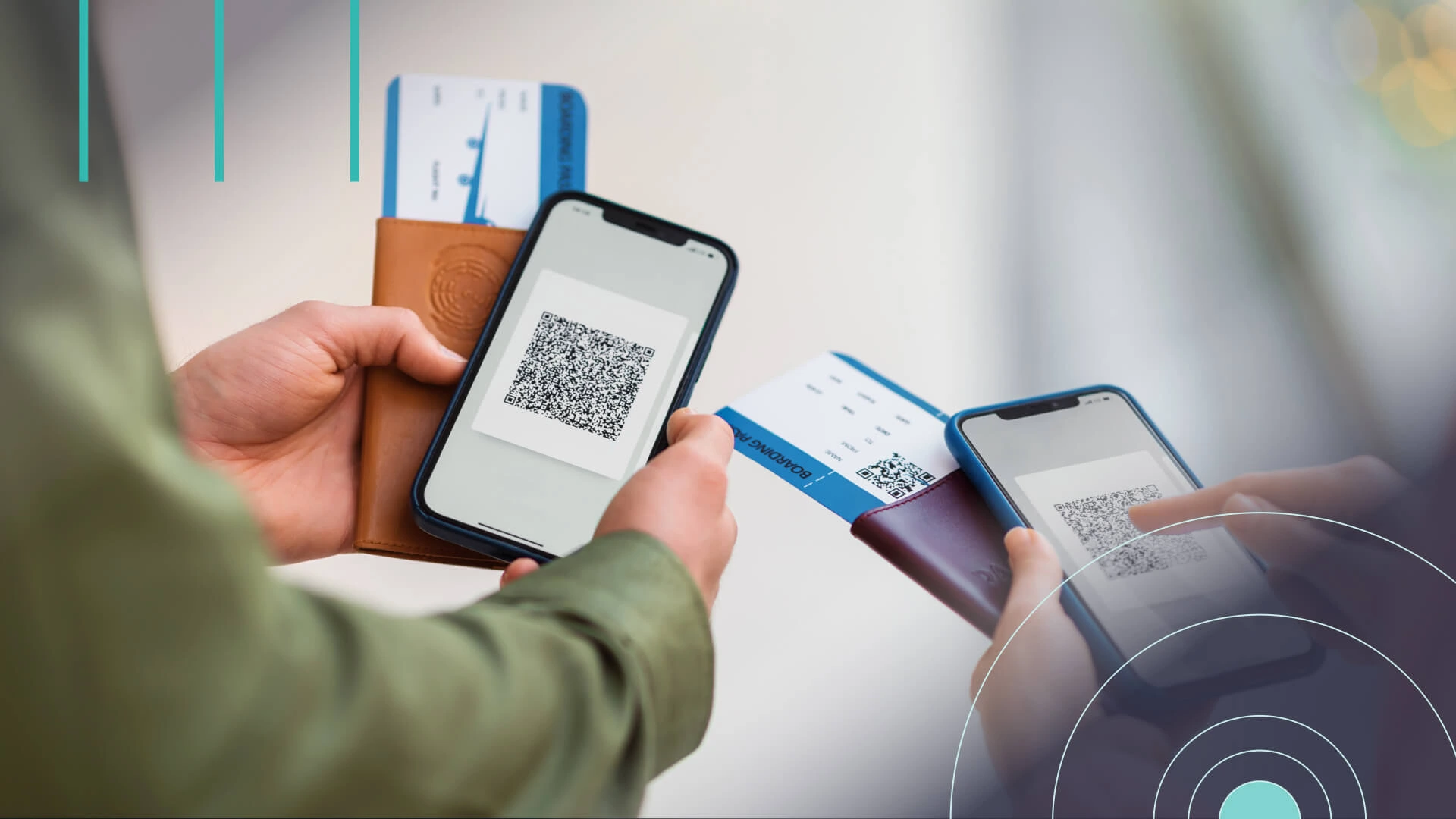
User Experience Complexity: Managing decentralized identifiers (DIDs), verifiable credentials, and private keys can be confusing for non-technical users, slowing mainstream adoption of SSI wallets.
-
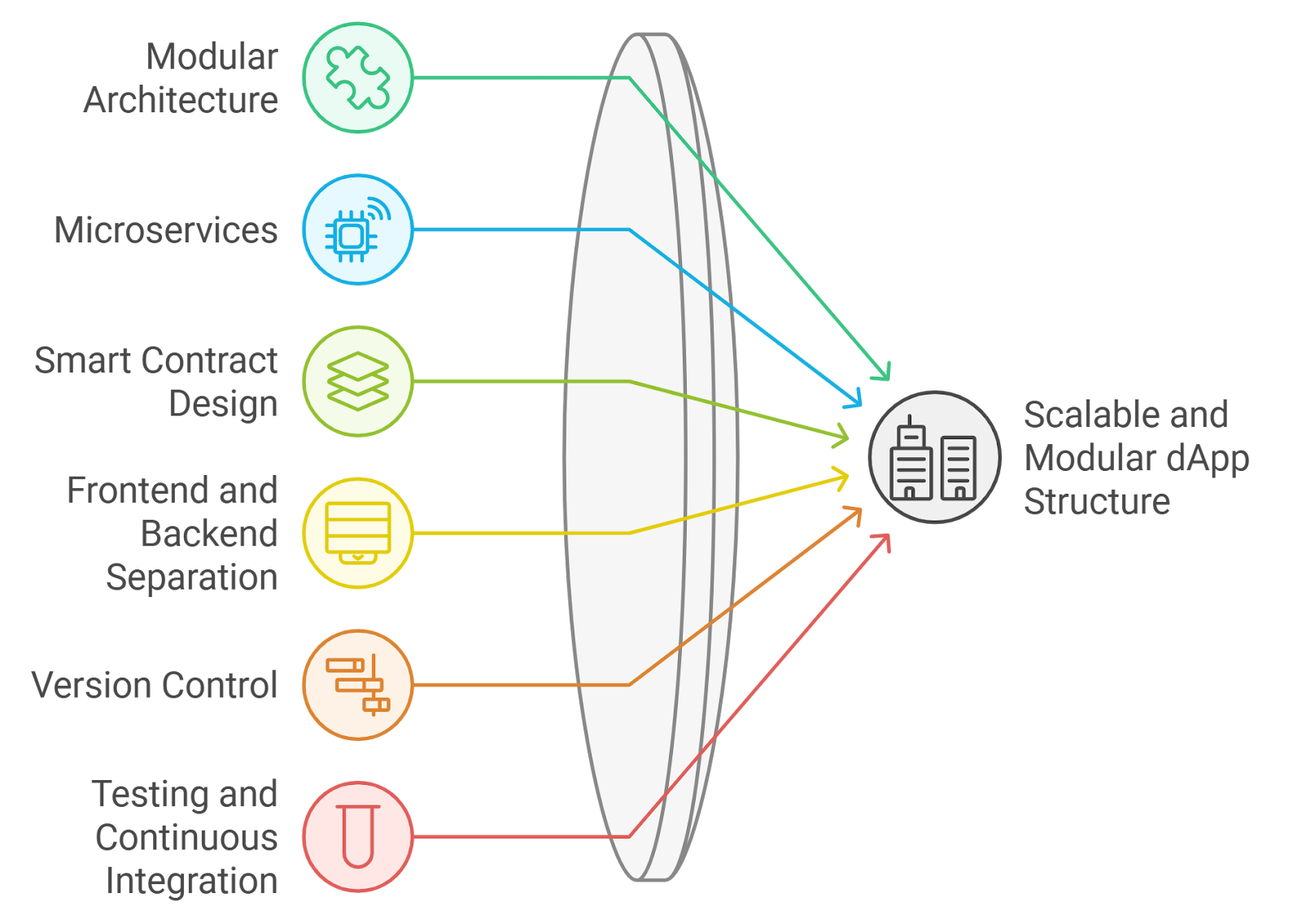
Limited Ecosystem Integration: Many dApps and Web3 services have yet to support SSI authentication methods, reducing the practical utility of wallets like Polygon ID Wallet for everyday users.
-
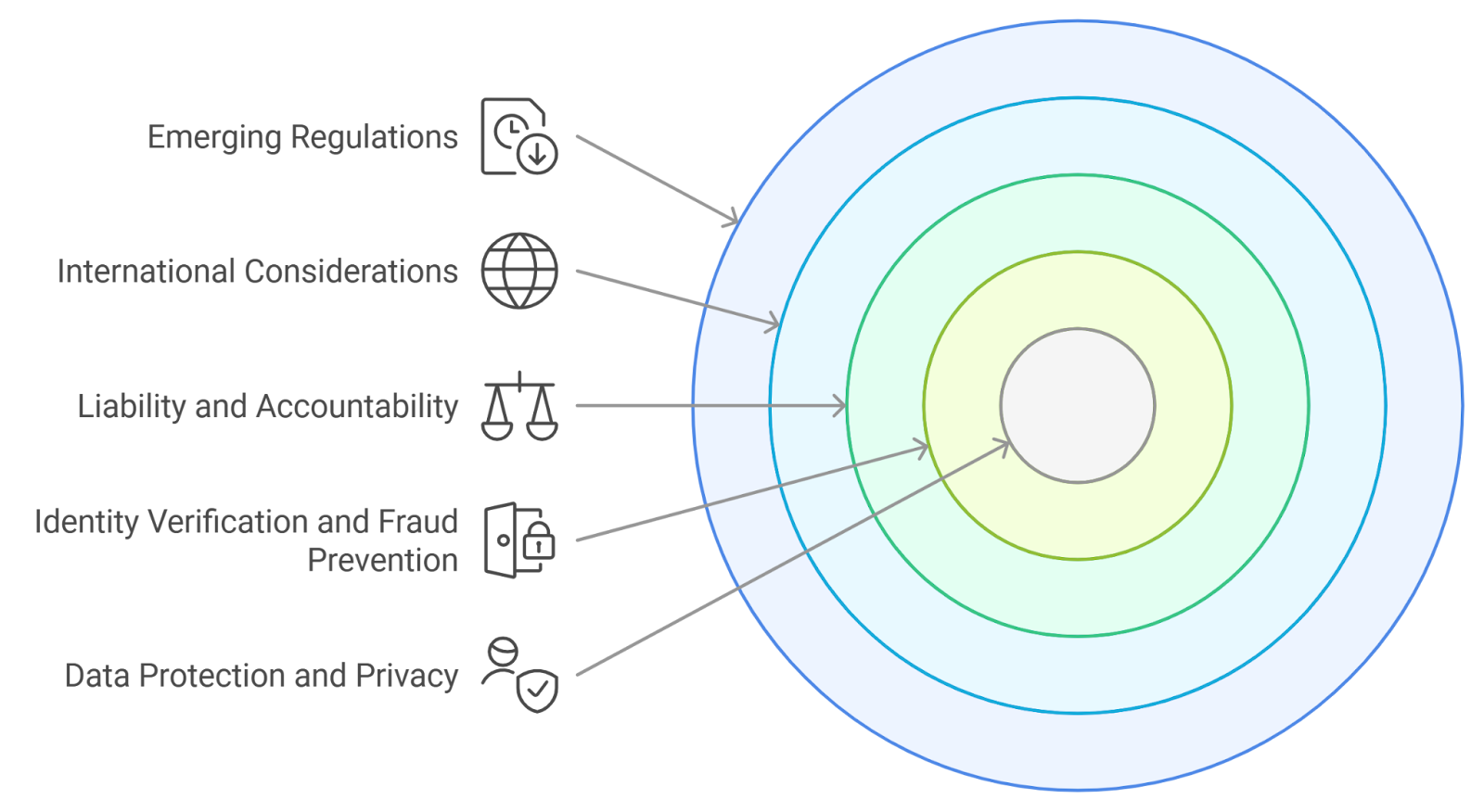
Regulatory Uncertainty: Evolving global privacy laws and KYC/AML compliance requirements create uncertainty for SSI providers and users, especially as regulations differ across jurisdictions.
-
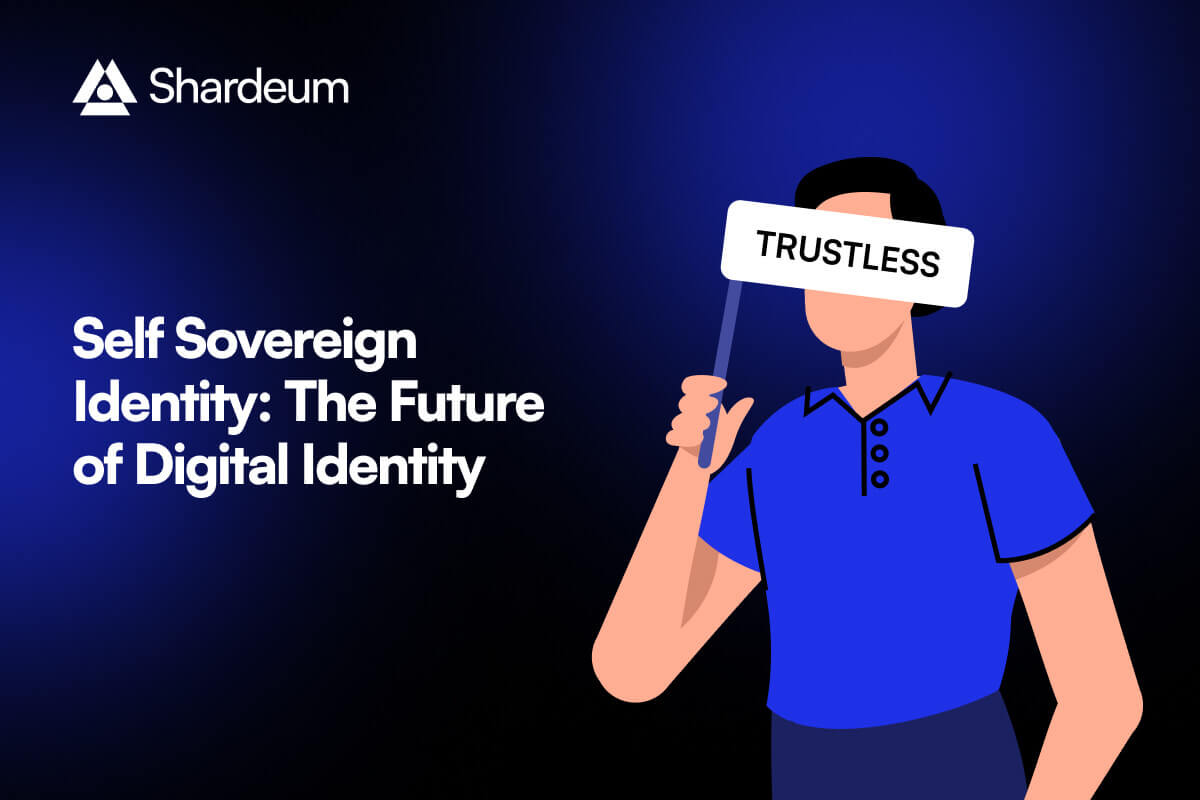
Onboarding and Education Gaps: There is a widespread lack of awareness and understanding about how SSI works, its benefits, and how to securely manage digital identities in Web3 environments.
Why SSI Wallets Are Essential for Digital Freedom
If you care about digital freedom, your right to privacy, security, and control over your online life, embracing a self-sovereign identity wallet isn’t just smart; it’s strategic. As governments explore digital IDs and corporations harvest ever more data for profit or surveillance, SSI wallets put the keys back in your hands. You decide what you reveal, when you reveal it, and to whom.
This shift isn’t theoretical. It’s happening right now in communities where blockchain enthusiasts demand better privacy tools; in businesses slashing compliance costs with reusable credentials; in developers building dApps that respect user autonomy by default rather than as an afterthought.
The future of Web3 is not just decentralized finance or programmable assets, it’s decentralized identity management that empowers every individual with true agency over their digital presence. In this landscape, your self-sovereign wallet is more than an app; it’s your passport to the open internet of tomorrow.



